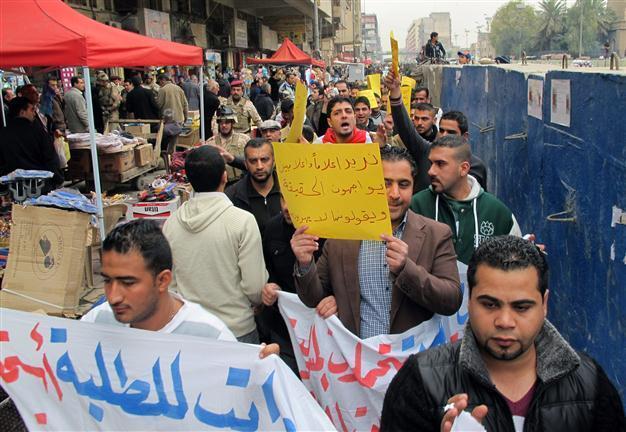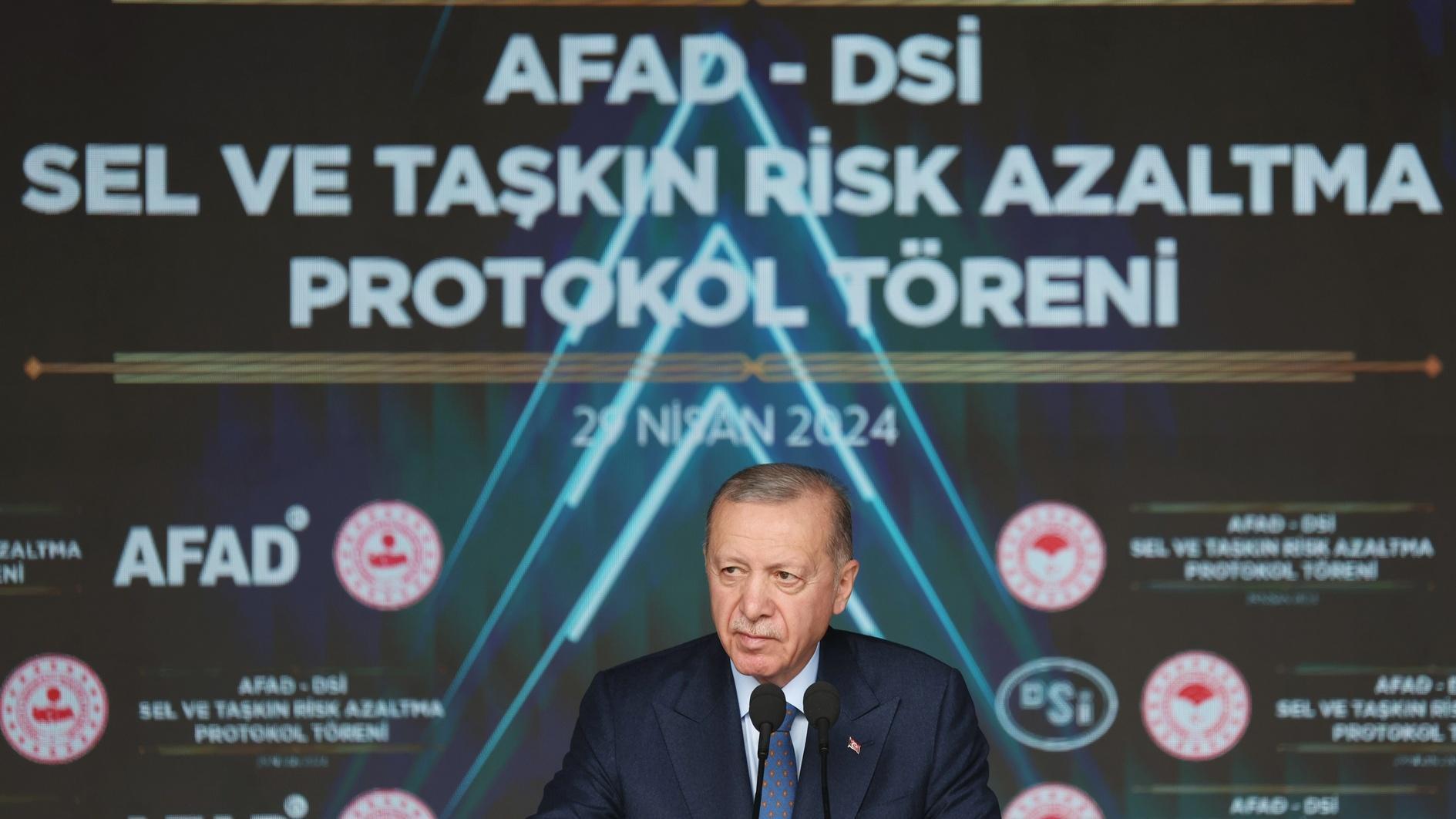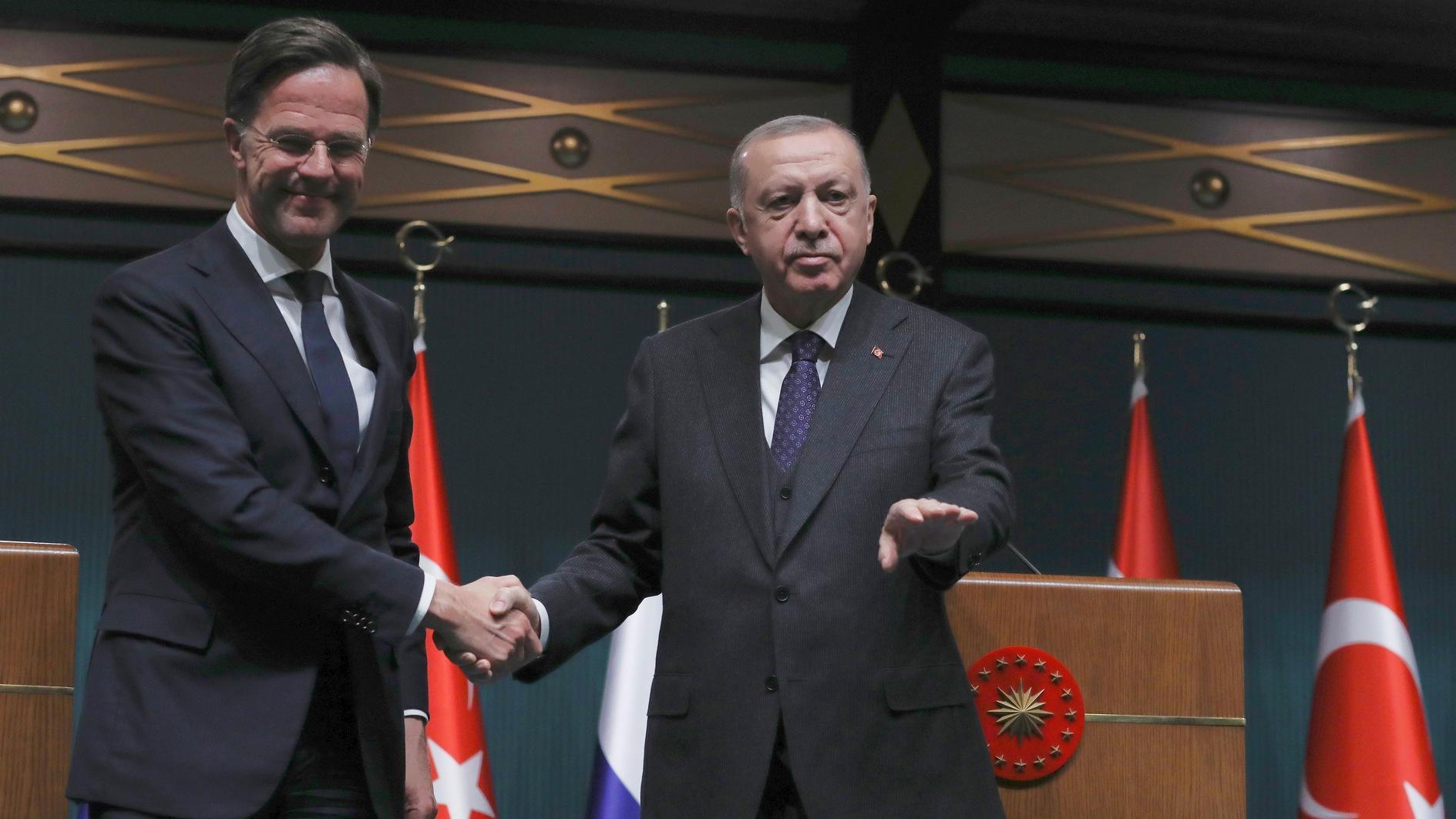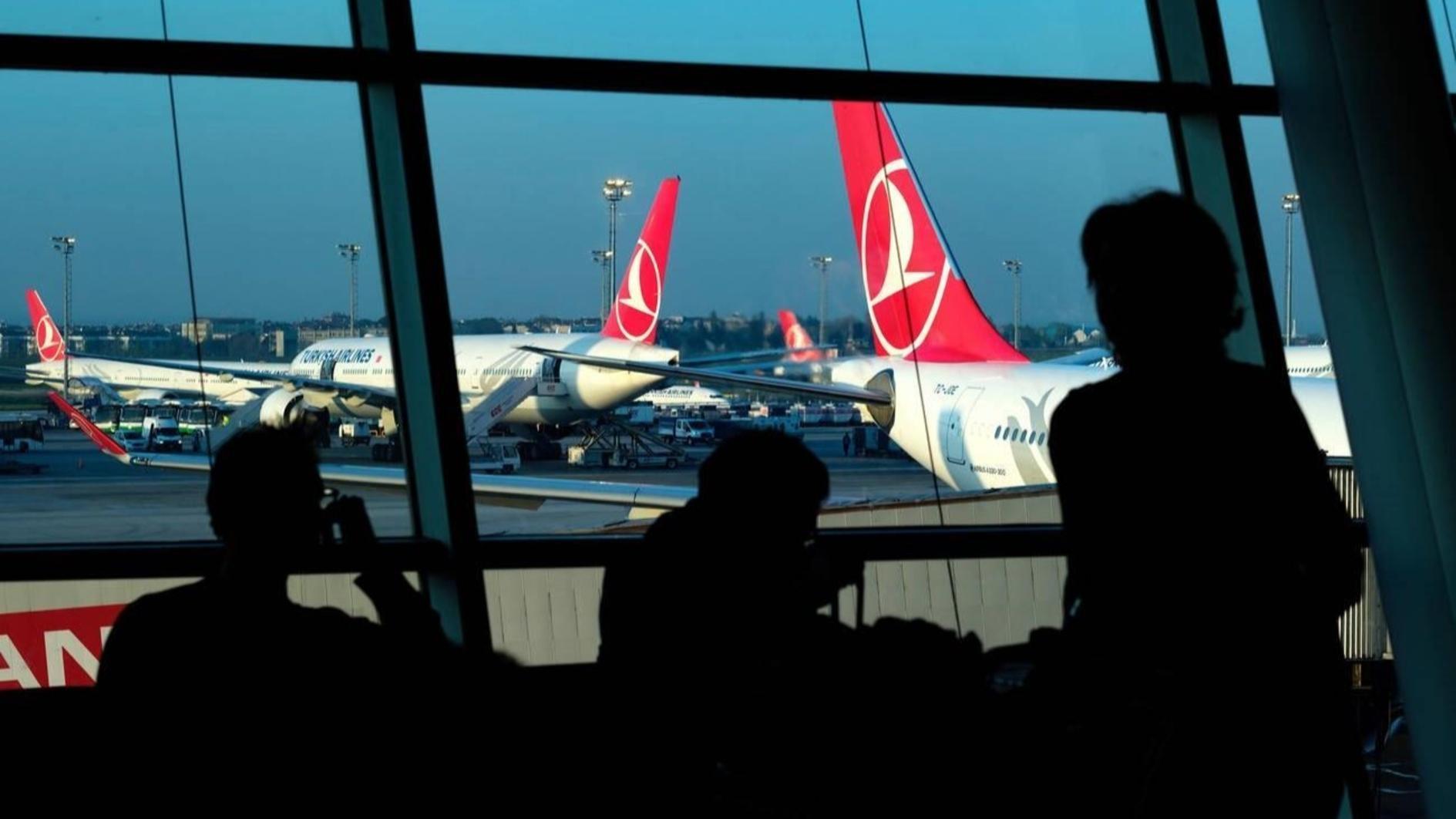Eyes on human rights in Baghdad
BAGHDAD - Reuters

Iraqis march during a demonstration to mark the first anniversary of protests across Iraq, during which 16 people were killed and 130 wounded in clashes with security forces, in Baghdad on February 25, 2012. AFP PHOTO/KHALIL AL-MURSHIDI
In a country where there still isn’t a single public cinema, where detainees complain of torture and militants blow people up because of their sect, supporters of Iraq’s first human rights film festival know they face a tough task.Raed al-Rikabi, a professor of education and psychology at Baghdad University, said that during the darkest days of war in the past few years, his students sometimes struggled to see the point of learning about abstract concepts of human rights.
“I was teaching the human rights curriculum during the sectarian war, and students were asking me: ‘Why are we studying human rights?’” he said, attending the Baghdad Eye film festival, which was launched in an Oil Ministry cultural hall.
“We are always in need of awareness and education about human rights’ issues ... especially since they have appeared in Iraqi society after the fall of the regime,” he added.
The four-day film festival includes documentaries and fictional films by Iraqi, Arab and Western filmmakers.
On Feb. 23, the first day, a 20-minute documentary by an American director looked at the struggle of an Iraqi woman to treat her 10-year-old son Sari, who is dying of AIDS.
The film begins with footage of U.S. military helicopters swooping over fields, a reminder that the world has seen Iraq for the last decade almost entirely through the lens of war, missing issues like its health care system’s collapse, which may have caused at least as much hardship as the conflict itself.
That film was followed a day later by Iraqi director Oday Salah’s harrowing look inside a women’s prison in Baghdad.
Goal is to teach Iraqis human rights
Organizers say the goal is to teach Iraqis, who suffered under decades of dictatorship and war, that rights are not abstract - they have rights and need to identify and defend them. “The festival seeks to spread the human rights education, to enlighten the people about their rights,” said Mufid al-Jazairi, the festival’s chairman.
Since the fall of Saddam Hussein, Iraqis have gained the right to express their political opinions and have had access to the outside world through satellite television and the Internet, Rikabi said.
But the sectarian violence which erupted after the U.S.-led 2003 invasion that toppled the dictator has worsened people’s lives. At the height of the violence in 2006-07, the monthly civilian death tolls were in the thousands.
















